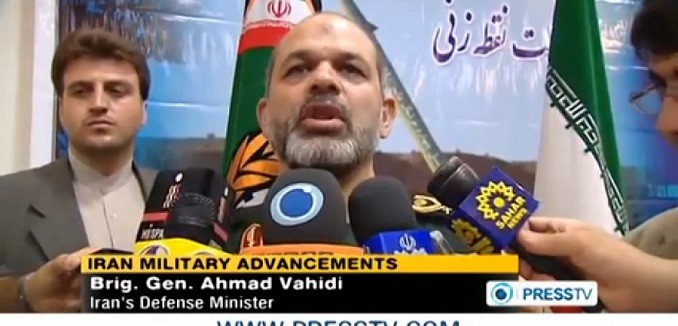Western diplomats are expressing concern that Argentina is preparing to paper over the 1994 bombing of a Jewish community center in Buenos Aires, which killed 85 people and wounded approximately 300 more, as part of a broader campaign by Argentina to boost ties with Iran and facilitate the Islamic Republic’s penetration of Latin America.
In 2007 Argentinian prosecutors declared that they “deem[ed] it proven” that the attack was ordered by “the highest authorities of the Islamic Republic of Iran which directed Hezbollah.” Argentina has since sought the extradition for the trial of five high-ranking Iranian officials linked to the bombing, including Iranian Defense Minister Ahmad Vahidi and former Iranian president Akbar Hashemi Rafsanjani.
This week however, Argentinian officials began a series of meetings with Iranian counterparts over the bombing, and are expected to soften their requests for Iran to fully comply with the extradition requests. Argentina’s decision to hold the meetings drew rebukes from the United States and Israel. The Israeli government issued a formal statement expressing “disappointment” and U.S. Assistant Secretary of Western Hemisphere Affairs Roberta S. Jacobson, emphasizing the need to isolate Iran, declared that the United States was not “optimistic” that the sessions would be productive.
While Iran has denied any involvement in the attack, wide recognition of its role has complicated Tehran’s efforts to expand its influence into South and Central America. Interpol has long had a “red notice” alert against Vahidi, for instance, and the Iranian defense minister was recently forced to leave Bolivia rather than face arrest during a visit orchestrated by Bolivia’s Defense Ministry.
Were Argentinian officials to formally drop their extradition requests, Iranian efforts to infiltrate Latin America – already a subject of intense bipartisan concern spanning Congress and the Department of Defense – would be greatly facilitated. According to U.S. Ambassador Roger F. Noriega, speaking specifically about Iranian-Venezuelan ties during a briefing organized by The Israel Project, Iran’s efforts already constitute “a threat to [American] security.” Hezbollah operatives are known to operate along the U.S.-Mexican border.
Amb. Noriega also outlined for the Senate Foreign Relations Committee the extensive degree to which Iran has increased its diplomatic representation in Venezuela, Bolivia, Nicaragua, Ecuador, Argentina and Brazil.
Venezuela has in particular been critical in facilitating Tehran’s penetration of the region, and even helped arrange this week’s dialogue between Argentina and Iran over the 1994 bombing. Recently re-elected Venezuelan President Hugo Chavez has declared his ties with Iran to be a “holy matter,” and Venezuela has been crucial in helping Iran evade the consequences of sanctions on its energy industry.
[Photo: AllDunyaNews / YouTube]




